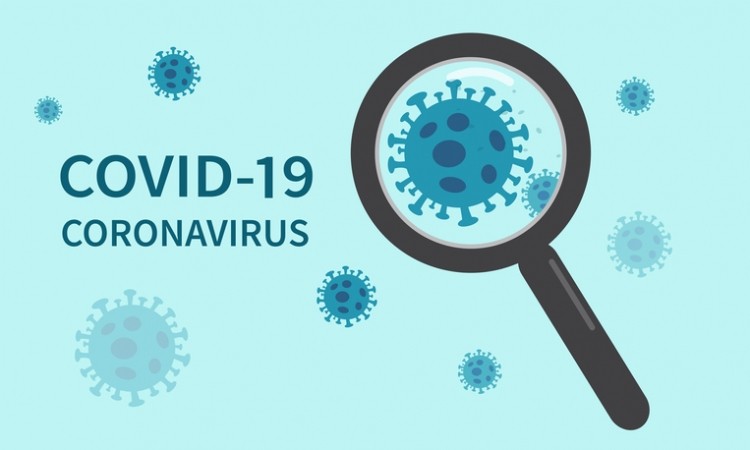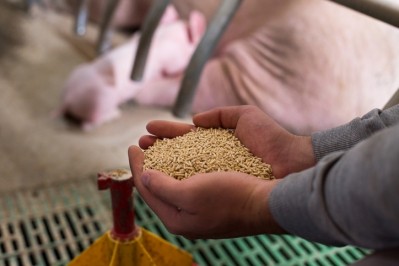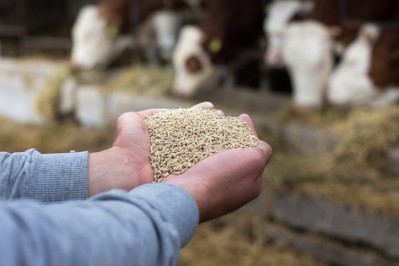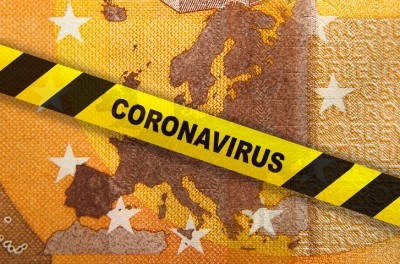FEFAC: Feed safety will not be compromised by new EU Commission COVID-19 measures

The measures are aimed at helping to prevent the spread of the disease through movements of control staff and to facilitate the movement of animals, plants, food and feed into and within the EU, given the current circumstances, said the EU executive.
The measure does not modify substantial rules of EU law regulating public and animal health, food and feed safety and animal welfare, it stressed.
“What is important is that the options considered, whether for official or third-party private controls, are not of a nature that could be interpreted as lowering official control pressure and efficacy: the level of safety of feed will by no means be compromise by the EU Commission measures,” Arnaud Bouxin. deputy secretary general, FEFAC, told FeedNavigator.
Veterinary and phytosanitary controls on animals, plants, food and feed may exceptionally be carried out using specifically designated persons, where staff of competent authorities cannot reach the place where the control should be carried out, due to movement restrictions aimed at preventing the spread of the coronavirus, according to the new measures.
Specifically designated laboratories can exceptionally be used where normally used official laboratories are not available, said the Commission. For border checks, electronically submitted documents may exceptionally be accepted for completing checks if the person responsible commits to provide the original as soon as possible, it said. Physical meetings with operators may be replaced by contacts using available means of communication, it added.
Bouxin said the regulation is in line with confinement rules - only movements that are essential should be permitted - and that it should, therefore, be welcomed. “For the feed company, it does not change much since the physical control will still be performed, although by another person than the usual controller. Feed safety assurance schemes went a step further with postponement of on-site visits, sometimes replaced by remote audits.”
Laboratory testing
The question of analysis capacity is a potential concern for the feed industry though, he said.
“It is [vital] that lab performing tests on food and feed safety are recognized as essential activities,” he cautioned.
The Commission said the measures are initially limited to two months and will be reviewed “in the light of experience.”
Member states that wish to use the measure have to inform the Commission and the other member States.
“At this stage, we do not have feedback from national level on which member state will make use of these options proposed by the Commission,” said Bouxin.















